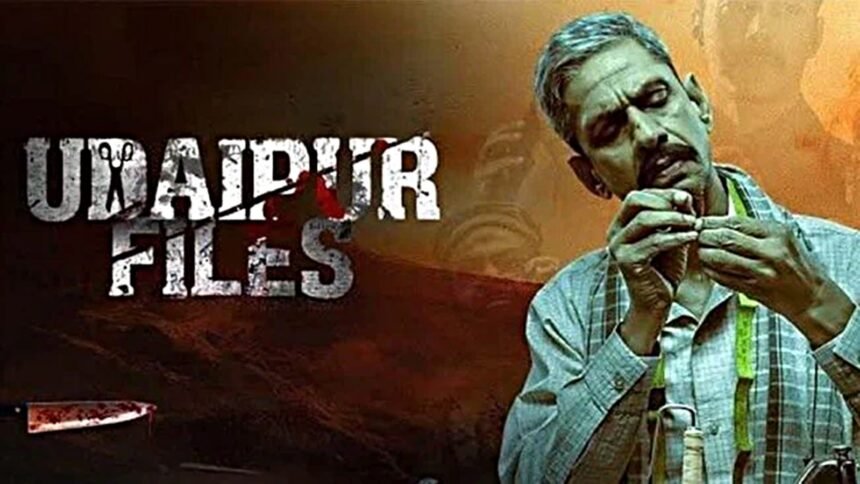The wife of murdered Udaipur tailor Kanhaiya Lal Teli, Jashoda, has written to Prime Minister Narendra Modi seeking his help in the release of the film Udaipur Files.
On July 10, just a day ahead of its release, the Delhi High Court temporarily stayed the release of the film after it was highlighted that the thematic expression of the film was akin to hate speech and vilification of Muslims.
In her letter sent Saturday, Jashoda wrote, “The Muslim organisations and their lawyer have stopped the release of the film, on my husband’s murder, through the courts. I have seen the film myself; it is the story of his murder. There is nothing wrong in it. He was killed three years ago and now the lawyer is saying that whatever happened cannot be shown in the film. (My) children are saying that now the Modi government will decide on the film.”
“You know the wrong which was done to us. And now those same people who killed him are going to the courts. I request you to get this film released so that the whole world can know the truth,” she wrote.
She has asked Modi “to please give us time to meet. I want to come to Delhi and meet you with my two children.”
On June 28, 2022, two persons — Mohammad Riyaz and Ghouse Mohammad — posed as customers and hacked to death Kanhaiya Lal Teli at his shop in Udaipur over a post shared by him on social media in support of Nupur Sharma, a BJP spokesperson who was suspended for her objectionable remarks about the Prophet during a live television debate.
In the Delhi High Court, petitioner Maulana Arshad Madani, Principal of the Darul Uloom Deoband, had filed the PIL pointing out that the movie is “replete with dialogues and instances that had led to communal disharmony in the very recent past and thus carry every potential to again stoke the same communal sentiments.”
Story continues below this ad
The division bench of Chief Justice D K Upadhyaya and Justice Anish Dayal relegated the petitioner to the Central government to seek a review of the Central Board of Film Certification’s decision to grant a certificate greenlighting the release of the film.








